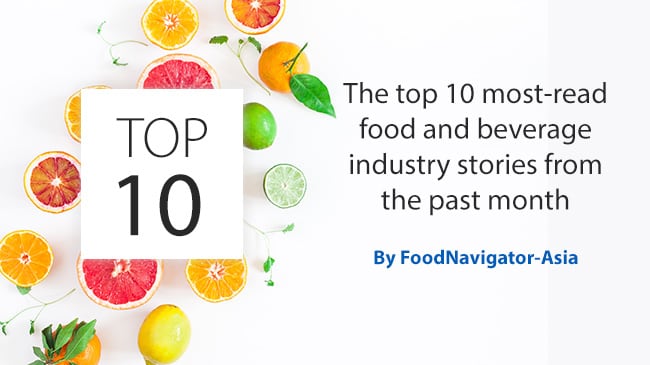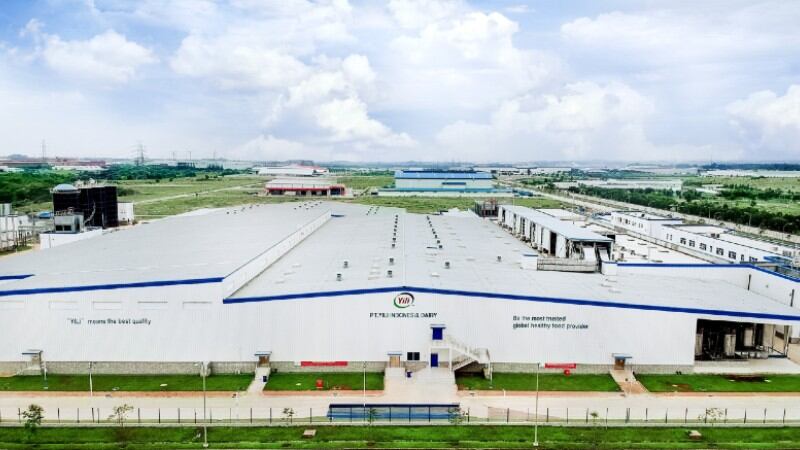‘Economic sabotage’: Philippines sugar dispute grinds on as producers demand import plan is scrapped
Controversy continues to surround the Philippines’ Sugar Regulatory Administration’s (SRA) efforts to import 200,000 metric tonnes of premium refined sugar into the country, with the domestic industry securing a temporary halt to the measures.
Following a civil case against the order brought by United Sugar Producers Federation (UNIFED) member, the Rural Sugar Planters Association Inc., the Regional Trial Court (RTC) in Sagay City, Negros Occidental issued a 20-day temporary restraining order (TRO) blocking the import last week — just days after the SRA approved it.
Bayan Muna Rep. Carlos Isagani Zarate, deputy minority leader in the House of Representatives, has called on the Department of Justice and the Ombudsman to look into the Duterte administration’s signing of Sugar Order No. 3, alleging “economic sabotage” of the Philippines’ sugar industry.
‘Doubtful practicality’: Concerns over Indonesia’s new trade licensing policy following pilot launch with five food commodities
Food industry and policy experts have voiced doubts about the practical benefits of Indonesia’s new trade licensing policy, the Neraca Komoditas, which is kicking off this year for five major food commodities.
The Neraca Komoditas (NK) was developed by the Indonesian government as part of the 2020 Omnibus Law of Job Creation, with the objective of providing clearer, more complete data, hastening quota licensing processes and increasing licensing process transparency.
“If the NK is implemented successfully, it will cut one step out of the licensing process and reduce opportunities for corruption. It will also increase transparency and reduce corruption through more public data reporting,” Centre for Indonesia Policy Studies (CIPS) Associate Researcher Krisna Gupta said at a policy roundtable on the ‘unpacking’ of the NK based on CIPS analysis.
Playing it cool: Start-up Sthrive taps influencers and local flavours to introduce freeze-dried meals in Malaysia
Malaysian RTE start-up Sthrive is working with social media influencers to increase the awareness of freeze-dried meals, a relatively new market in the country.
The firm is thought to be Malaysia’s first freeze-dried meal company producing healthy ready-to-eat foods comprising meats and noodles that claim to retain the flavour, texture and nutrition better than dehydrated products.
“Because freeze dried meals are new in the market, not many people know about this so we need to guide and educate our audience on how it’s made, the nutritional content compared to dehydration method, and how to consume,” said Joesin Yeo, co-founder at Sthrive, who added it decided to work with influencers including fitness coach Jordan Yeoh, model Sonia Naidu, and doctor Ka Ho Koh.
Exports wish list: Malaysian palm oil sector reveals hottest prospects for overseas growth
Vietnam, the Philippines, along with Middle Eastern and North African nations have been identified as key growth opportunities for the Malaysian palm oil sector, as it seeks to open up new export channels.
According to MPOC Director for Marketing and Market Development Faisal Iqbal, some of the key opportunities that the council has identified lies in emerging and developing markets, with the closest to home being other South East Asian countries such as Vietnam and the Philippines.
“Some key sectors of growth we have identified in this region are the foodservice sectors in Vietnam and the Philippines, as well as the consumer cooking oil market in the Philippines,” he said.
Socially responsible price hikes? Nestle promises APAC rises only if ‘non-compensable’ costs increase
Nestle has promised APAC consumers that any unavoidable price hikes as a result of ‘non-compensable’ cost increases will be passed on to consumers in a ‘socially responsible’ manner, after announcing positive organic growth in its Asia, Oceania and sub-Saharan Africa (AOA) zone for the past financial year.
Nestle reported its FY2021 full-year results on February 17, where it posted overall 7.5% organic growth in total sales to CHF87.1bn (US$94.8bn) and a 1.4% increase in profits to CHF15.1bn (US$16.4bn).
“Zone AOA specifically gave about 25% of organic sales and saw organic growth of 4.4% with sales of CHF20.7bn (US$22.5bn), which was quite an achievement amidst a very difficult sales environment with continued regional lockdowns,” Nestle Chief Financial Officer Francois-Xavier Rogers said during the results announcement.





